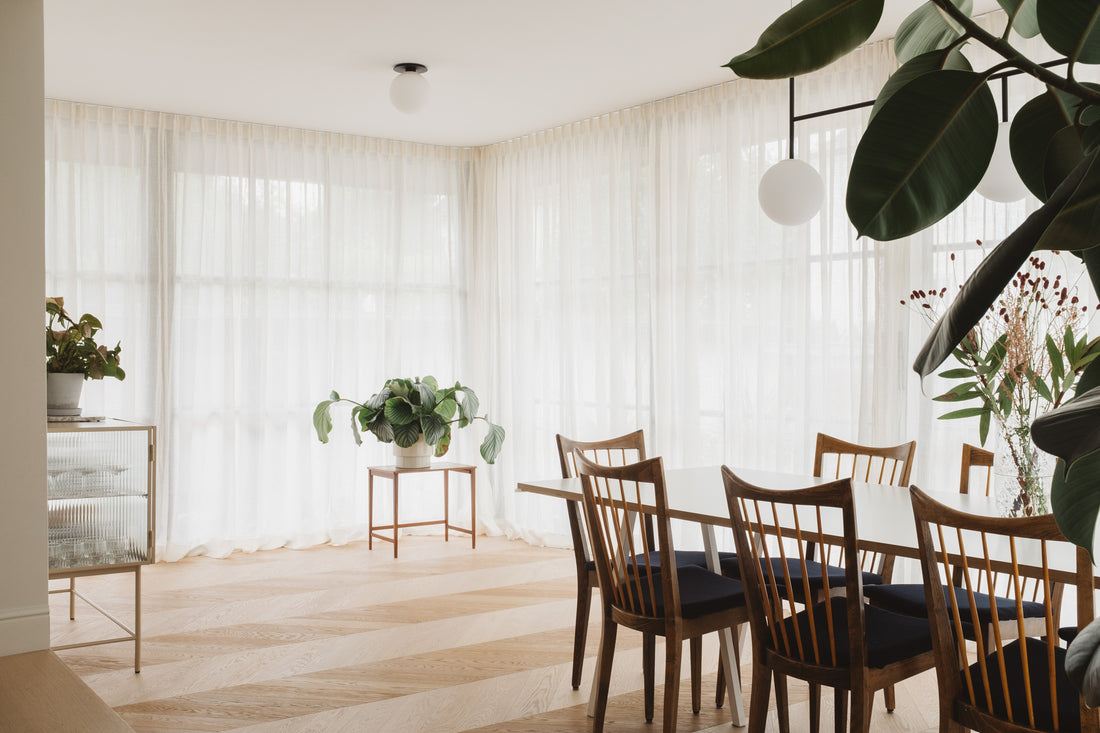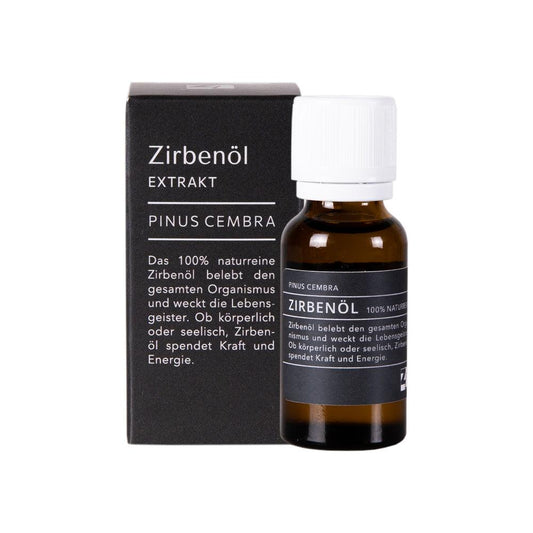
The 3 factors for a better indoor climate
Better indoor climate for your well-being.
In the cold season, we spend most of the day indoors, in the office or at home. But sometimes the air in the room is polluted and this can have a negative impact on our well-being.
The quality of the air in our rooms is affected by various factors. Bad smells, high levels of dust, mold or air pollutants such as formaldehyde are among the most common negative influences. Such conditions place a great strain on our organism and can manifest themselves in symptoms such as chronic fatigue, headaches, watery eyes or coughing.
A healthy indoor climate therefore contributes significantly to a feeling of well-being and is essential for us humans to remain concentrated and productive in everyday life.
Three factors for a better indoor climate
Everyone has different opinions about what temperature is most comfortable. Some prefer it cool, while others need warmth and turn the heating on earlier. However, the optimal room climate depends on 3 factors:
- temperature
- humidity
- Air quality
Room temperature:
A cool sleeping area supports restful sleep. The recommended temperature at night is between 16 and 18°Celsius, while the optimal daytime temperature in living rooms is around 20°-24°Celsius.
Humidity:
The ideal humidity in a room is around 40-60%. In winter in particular, the heating often leads to dry air or very low humidity. This can lead to irritated mucous membranes and dry skin. If the humidity is too high, it encourages the formation of mold, which has a major negative impact on our health.
Low humidity in winter can be increased naturally using a humidifier and certain plants. This promotes concentration and prevents the negative effects of air that is too dry.
Air quality:
Our air quality is affected by pollutants such as fine dust, formaldehyde or bacteria. These are partly brought into our living spaces by the outside air, especially in cities, or are created indoors for various reasons (cooking, burning candles, paint, building materials, smoking, etc.).
Although some pollutants from the outside air can penetrate, it is essential that you ventilate regularly and sufficiently to improve air quality. In winter, it is recommended to ventilate for around 10 minutes in the morning after getting up and in the evening before going to sleep, or several times a day for 5 minutes.
Houseplants also have a positive effect on the indoor climate. Depending on their type and size, they can eliminate various pollutants in the air. Green plants also produce oxygen and increase the humidity.
In order to improve poor air quality and reduce pollutants in the long term, it can be useful to use a natural air purifier and humidifier from ZirbenLüfter®. The swirling principle used in combination with pine wood and water helps to filter bacteria, allergens, unpleasant odors and other harmful substances from the air.
Natural air purifiers for a better indoor climate
The ZirbenLüfter CUBE II and CUBE mini II are both air purifiers and humidifiers that are produced in Austria. They can be easily controlled by remote control and the fan specially made for the ZirbenLüfter® is almost silent. This makes the ZirbenLüfter® particularly suitable for bedrooms and rooms in which you want to concentrate on work or relax. The ZirbenLüfter® not only creates pleasant-smelling room air but also demonstrably reduces air pollutants such as formaldehyde, bacteria and fungal spores.
If you have any further questions about our products, we will be happy to advise you personally.
We are available by phone +43 6245 874941 from Mon - Fri | 9:00 a.m. - 6:00 p.m. reachable.
Best regards,
the ZirbenLüfter® team





